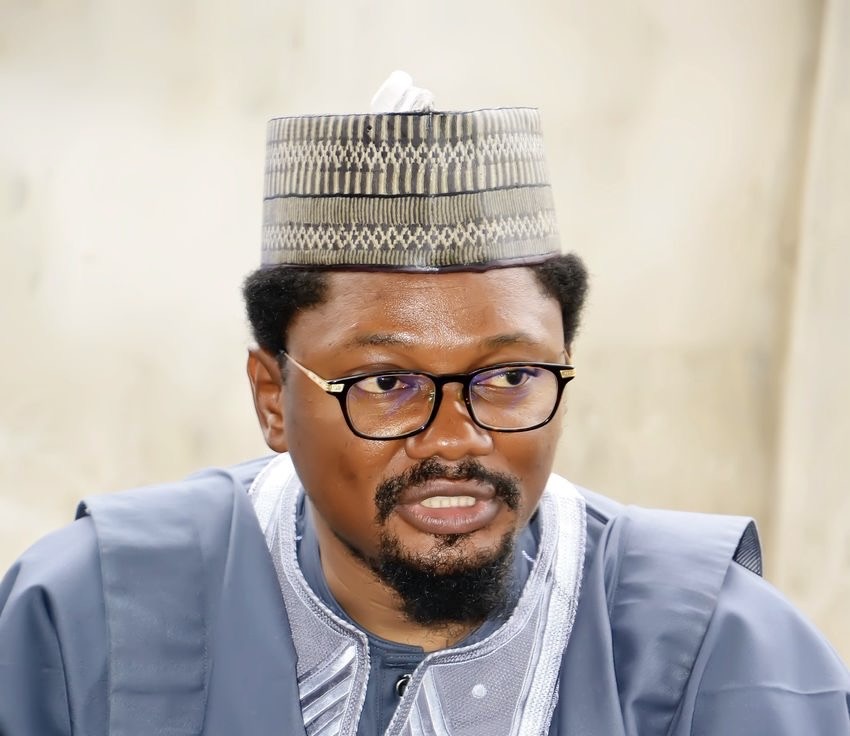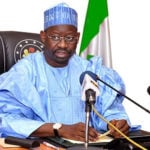By: Bayo Akeem
In a time when the academic study of Arabic literature is often dominated by voices from the Middle East and North Africa, Dr. Umar Farouq Haruna stands as a formidable exception.
A Nigerian-born scholar, literary theorist, and cultural ambassador, Dr. Haruna has, over the last decade, pioneered a scholarly movement that situates West African Arabic stylistics at the center of global Islamic intellectual discourse. His career, marked by scholarly innovation, international influence, and pedagogical transformation, is a testament to the capacity of African academics to lead on a global stage.
As a distinguished professor with an exceptional academic pedigree, Dr. Haruna holds a Ph.D in Arabic Literary Studies and has published over 12 peer-reviewed journal articles, many of which have redefined how Arabic literary texts are analysed in colonial and postcolonial contexts. His expertise spans stylistics, poetics, rhetoric, and discourse analysis, with a distinctive focus on the Arabic literary output of Hausa-speaking regions in Northern Nigeria.
Dr. Haruna’s groundbreaking achievement is the development of the Arabic Stylistics Analytical Framework (ASAF), a methodological innovation that integrates classical Arabic rhetorical principles with modern linguistic theory. This methodology has been adopted in various departments of Arabic across Nigeria and is increasingly used in graduate theses and doctoral dissertations across the country. “What ASAF offers,” says Dr. Salman Abdus-Salam of the Summit University, “is an African-centered analytic approach that challenges Eurocentric interpretations of Arabic literary production, especially in Nigeria.”
A recipient of multiple prestigious international research fellowships and academic honors, Dr. Haruna has served as both internal and external examiner for doctoral and master’s theses at institutions in Nigeria and Mali universities. He was also the co-lead convener of the National Symposium on Arabic Literary Traditions (NSALT), a conference that in its first edition hosted over 120 scholars from Nigeria. Through NSALT, he has connected scholars of Arabic from Northern Nigeria to the South, catalyzing a vibrant exchange on the future of Arabic studies in non-Arab contexts.
Beyond his academic writings, Dr. Haruna is renowned for his influential role in curriculum reform in Nigeria’s Arabic departments and beyond. As Acting Director at the Centre for Part-Time Studies at Al-Hikmah University, he led the modernisation of course offerings to include modules on digital rhetoric, postcolonial Arabic literature, and comparative poetics. His innovations have made the Arabic curriculum more globally competitive and contextually relevant, with several universities across West Africa adopting his curriculum framework.
What distinguishes Dr. Haruna’s contributions is not merely the volume of his output, but its depth and extraordinary influence. He regularly delivers keynote addresses at prestigious conferences, contributes to multilingual scholarly journals in bilingual languages, and serves on editorial boards of leading academic publications in his field.
At the intersection of African intellectual revival and global Arabic literary theory, Dr. Umar Farouq Haruna is recognised as one of the foremost authorities in his field. Featured in multiple national publications and having received commendations from different Associations of Arabic Literary Studies, Dr. Haruna continues to shape discourse in Arabic stylistics worldwide. As Nigeria continues to assert its place in the global academic arena, scholars like Dr. Haruna are leading the charge with rigor, vision, and a commitment to redefining what it means to study Arabic in the 21st century.
WATCH TOP VIDEOS FROM NIGERIAN TRIBUNE TV
- Relationship Hangout: Public vs Private Proposals – Which Truly Wins in Love?
- “No” Is a Complete Sentence: Why You Should Stop Feeling Guilty
- Relationship Hangout: Friendship Talk 2025 – How to Be a Good Friend & Big Questions on Friendship
- Police Overpower Armed Robbers in Ibadan After Fierce Struggle






